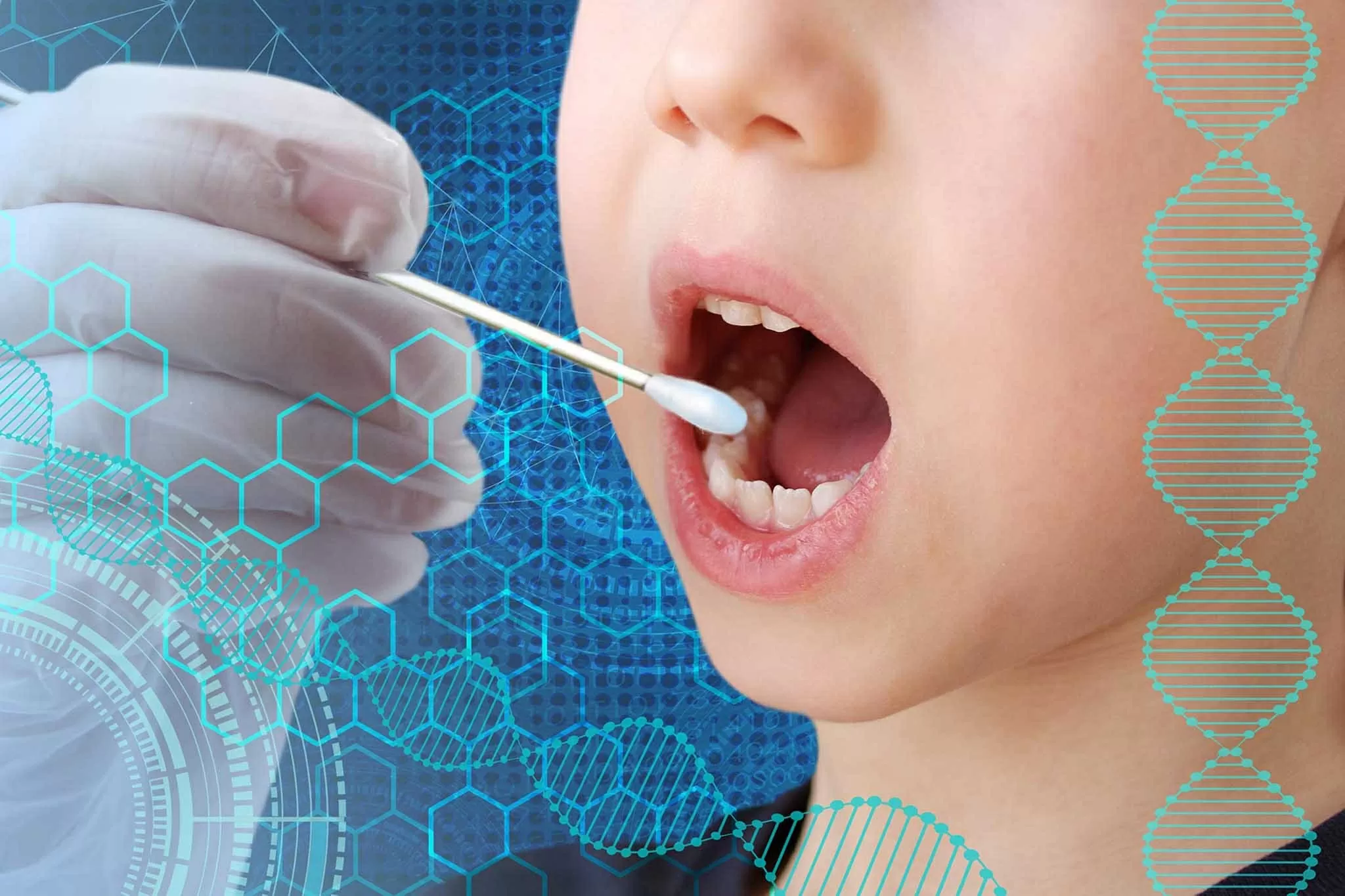 |
| Japanese scientists discovered Inocles in the human oral cavity. (Source: Shutterstock) |
These unique genetic structures are thought to help bacteria adapt to the ever-changing oral environment, opening up new avenues of research into oral health and the human microbiome.
Although modern medicine has created a detailed map of the human body, scientists have discovered many organs and structures that were previously unidentified. Research on the microbiome, not only in the gut but also in the oral cavity, has attracted increasing attention.
Inspired by reports of unusual DNA in soil microorganisms, researcher Kiguchi Yuya's team directly analyzed a series of saliva samples collected by Yutaka Suzuki's Laboratory (University of Tokyo). They identified the existence of Inocles - extrachromosomal DNA fragments located inside bacterial cells.
Accordingly, the average Inocle genome reached about 350 kilobases (a unit used in molecular biology to measure the length of a DNA or RNA chain), making it one of the largest extrachromosomal genetic elements ever recorded in the human microbiome. Scientists first successfully assembled the Inocle genome using long-read sequencing technology combined with the preNuc technique that removes human DNA developed by co-author Hamamoto Nagisa. They determined that Inocle exists in Streptococcus salivarius bacteria, a common species in the oral cavity.
Researcher Yuya Kiguchi said that the unique length of Inocle contains many genes related to the ability to resist oxidative stress, repair DNA damage and modify cell walls, thereby helping the bacteria adapt to the harsh oral environment. This finding suggests the possibility that Inocle has a direct impact on oral health, from tooth decay and gum disease to the recognition of more serious diseases such as cancer.
In the coming time, the research team will develop methods to culture bacteria containing Inocle to examine in detail the mechanism of action and the ability to spread between individuals. They combine experiments with computational simulations such as AlphaFold, hoping to decipher the role of unknown genes. Surveys of saliva samples from many populations also show that up to 74% of the global population may carry Inocle, but previous technological limitations have caused them to be overlooked for many years.
This discovery not only expands our understanding of the oral microbiome, but also lays the foundation for research on the relationship between humans and their resident microbiota, promising far-reaching implications for preventive medicine and health care.
Source: https://baoquocte.vn/phat-hien-adn-khong-lo-trong-mieng-nguoi-328096.html


![[Photo] Action for the Community tells stories of enduring journeys – both intimate and great, yet quiet and determined](https://vphoto.vietnam.vn/thumb/1200x675/vietnam/resource/IMAGE/2025/11/15/1763179022035_ai-dai-dieu-5828-jpg.webp)


![[Photo] The Government Standing Committee reviews the planning project of the Red River landscape avenue axis](https://vphoto.vietnam.vn/thumb/1200x675/vietnam/resource/IMAGE/2025/11/15/1763197032149_dsc-0163-jpg.webp)



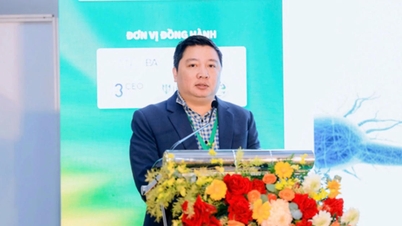

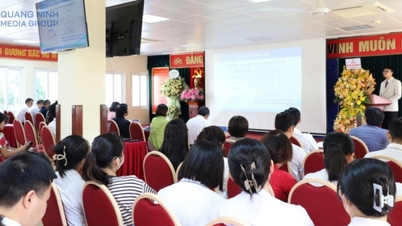





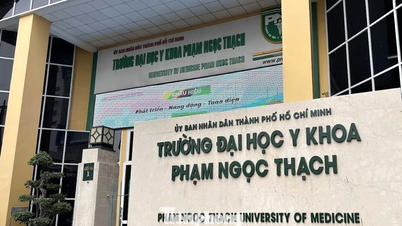



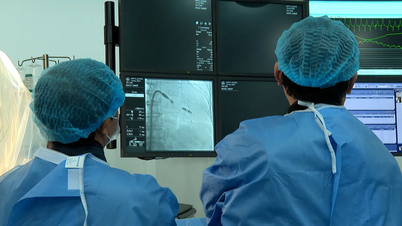


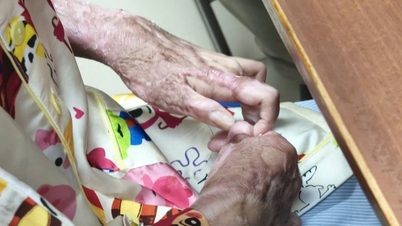
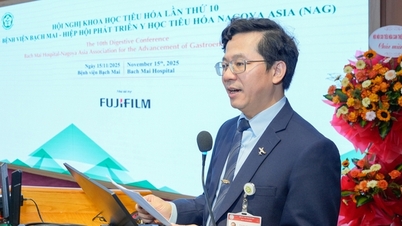
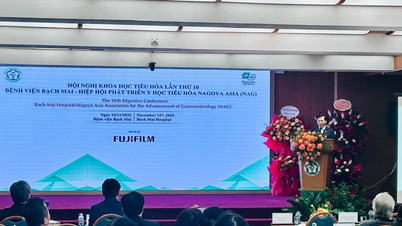







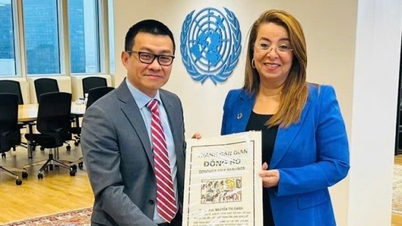
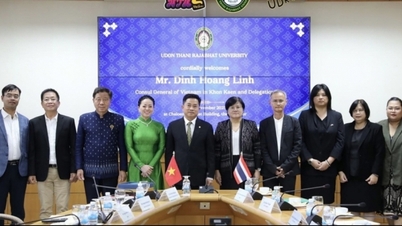

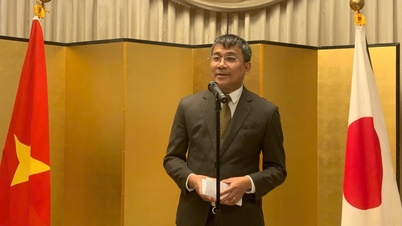













































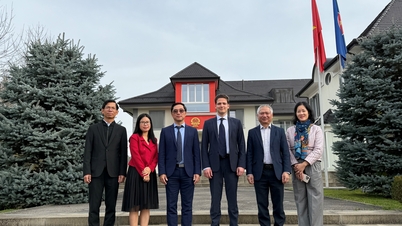

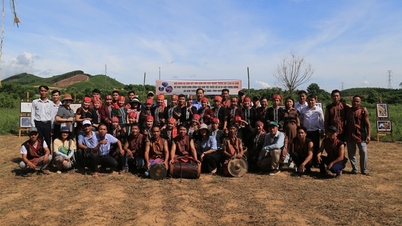



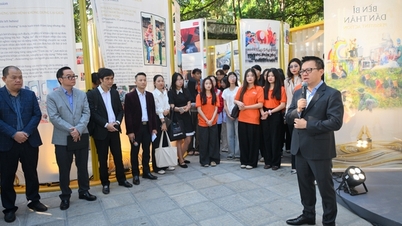

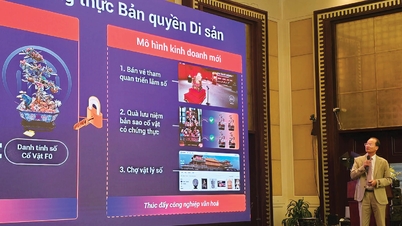





















Comment (0)